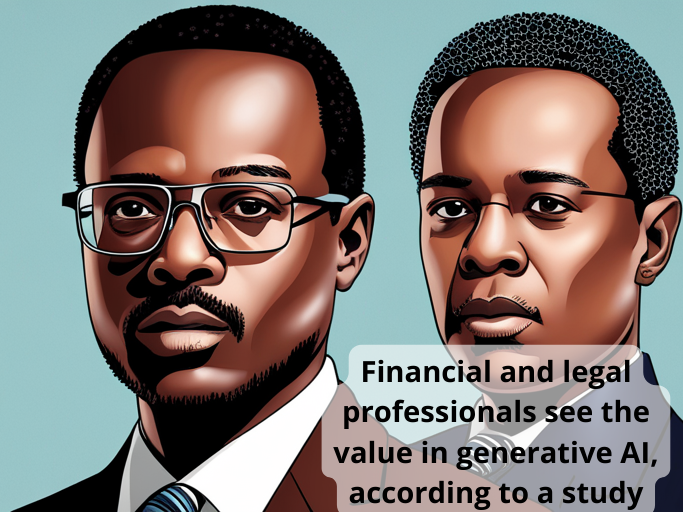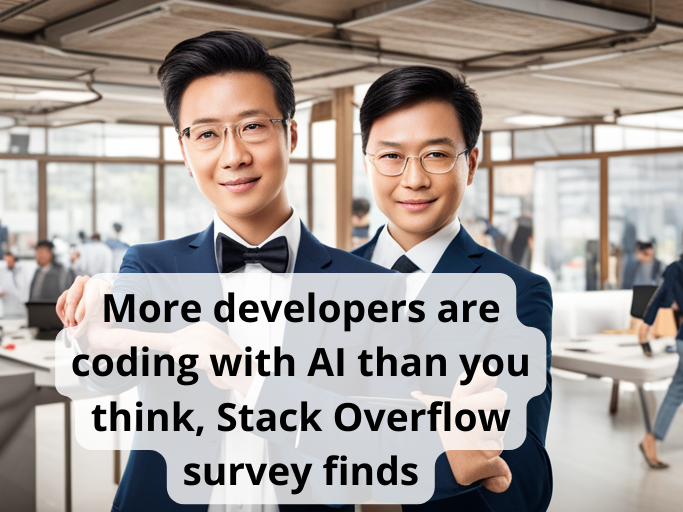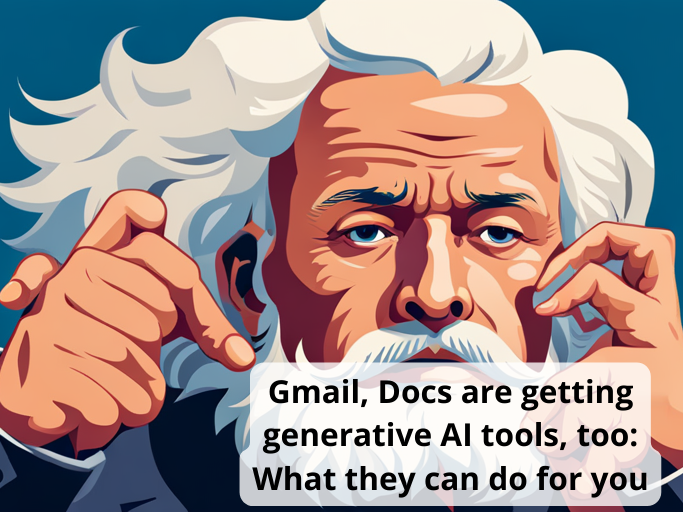
Generative AI models, such as ChatGPT, have advanced capabilities that make them a clear fit for some industries such as programming, marketing, and even recruiting.
However, the technology can help other not-so-obvious fields as well, including legal, tax, and accounting firms.
A new Thomson Reuters research study surveyed 1,801 professionals across legal, tax, and accounting firms in the United States, United Kingdom, and Canada to get their insights about generative AI. The results were surprising.
A majority of respondents (78%) said that they believed that generative AI tools such as ChatGPT can enhance legal or accounting work and about half of the respondents (52%) believed that the technology should be used for legal and tax work.
It may be difficult to imagine how AI assistants can help professionals who went through rigorous education programs to work within their technically demanding professions; however, AI can help curtail tedious work.
Most respondents across both fields, about two-thirds of corporate legal and 80% of tax professionals, cited research as the most compelling use case for AI.
Research is a major component of any profession, even if you are just a student. AI can help curtail this work by scanning PDFs for you, scouring the web to provide you with the best sources, or even just answering a quick question you may have about a topic.
Despite the optimistic look toward AI, only 4% of the respondents are currently using AI, and 5% are planning to do so.
The hesitation to implement AI relates to risk perception with 69% of respondents expressing risk concerns.
These concerns are justified as AI pioneers, experts, and key players in the space are vocalizing their own concerns with the technology and the need for guardrails to protect user safety.




